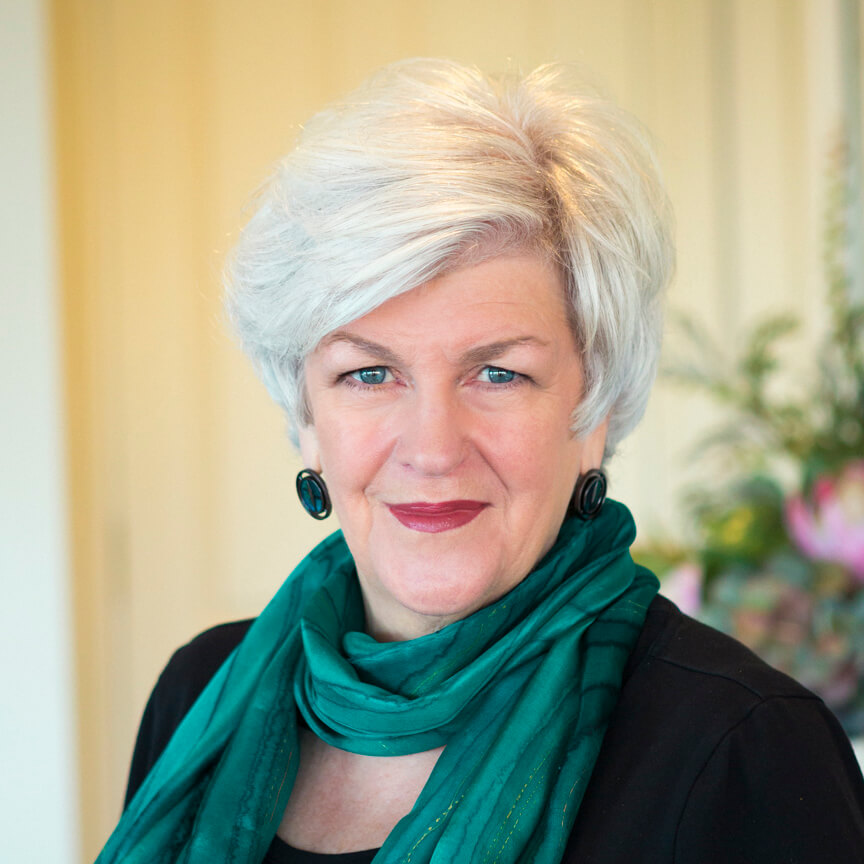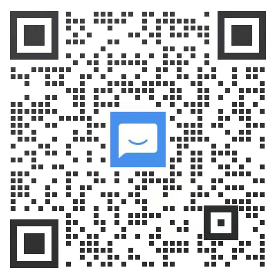作者│Rhonda Tranks
我刚从 IAF 亚洲年会回来,今年的年会在美丽的台湾花莲举办。大会有来自17个国家的260多名代表参加,内容非常棒。如果你想查看这些内容,可以登陆网站 查看。这些内容如此丰富,真让人难以选择要参加哪一个工作坊。
我参加的工作坊之一,是由钟琮贸 Shawn Chung 引导的〝认知偏差〞工作坊。这个工作坊经过精心设计,让大家以小组为单位,在小组内通过大量的卡片一起学习。这些卡片每一张描述一个类型的认知偏差。Shawn 说,他最初使用维基百科开始研究这个工作坊的材料。我们的任务是把认知偏差分类。随着工作坊的进行,我们反思着我们自己的认知偏差 — 包括作为个体的认知偏差,以及群体中发生的认知偏差。当我们讨论并分类这些卡片时,很快事情就变得很明显:
❝我们正通过我们自己对事情的认知偏差筛选这些卡片。❞
我们很难不这么做。认知偏差能帮助我们处理信息;但当我们做判断和决定时,认知偏差同时也是障碍。每一组的讨论,在不同的国家和文化背景下,加上语言的进一步过滤,变得更加有趣。最后,我感觉我就像身处于某种后现代的棱镜或镜子大厅中。感谢 Shawn 分享了这样一个发人深思的工作坊。
这使我想起来 卡洛斯 • 卡斯塔尼达 的〝力量的传奇〞—〝我们在一个气泡中〞。在我们出生的那一刻就被放置在一个气泡中。起初,气泡是开放的,但然后它开始关闭,直到它把我们密封在里面。气泡就是我们的感知。我们一生都生活在气泡中。在它的圆墙上所看到的,是我们的反映。所反映的事物就是我们对世界的观点。我们在出生的那一刻别人用描述的方式给与我们这个观点,直到我们的注意力完全被它抓住,别人的描述就变成了我们的观点。
我们都有认知偏差,我有,你也有。它们存在于我们所引导的团体以及我们身处的团体之中。作为引导者,我们如何做才能发现,识别,应对,减轻我们自己和那些在群体中显露出的认知偏差。我们究竟能否打破气泡?如果可以,我们如何打破它才是负责任的和有道德的?不去打破气泡就是不负责任的吗?当我们自己的认知偏差受到挑战时,我们又如何应对?
我回想起最近一次引导里的〝可获性层迭〞和〝群内偏见〞认知偏差。两者在群体中都强烈的发生作用,并产生负面影响,但是我真的只在事后才弄清楚当时发生了什么事。在那一时刻,到底是什么认知偏差在我的脑中发生作用,使我错过了正在发生的事?如果我注意到这些,还可能错失其他什么吗?自从 Shawn 的工作坊以来,我一直沉浸在思考和阅读有关认知偏差的内容,而这可能持续个几年。 :-)
我非常有兴趣知道他人关于认知偏差和引导的洞察和智慧。你的想法和经验呢?
Cognitive bias and life in a bubble (original)
I’ve just returned from the International Association of Facilitators ( IAF ) Asia conference, held this year in beautiful Hualien in Taiwan. Great conference 260+ delegates from 17 countries and a fabulous program. It’s still up on the web if you want to check out the program. It was so hard to choose workshops.
One of the workshops I attended was on cognitive biases led by Shawn Chung. The workshop was a well-designed collaborative learning approach as sub-groups worked through a myriad of cards each describing a different biases. Shawn said he initially used Wikipedia to start his research for the workshop. We were set a task to categorize the biases. Along the way we reflected on our own biases – as individuals and what happens in groups. It soon became evident as we discussed and sorted the cards that we were filtering through our own biases. It’s pretty much impossible not to – biases help us process information, but they are also a hindrance when it comes to judgments and decision making. Discussions were made even more interesting by the different nationalities and cultures at each table and the additional filtering through language. In the end I felt like I was in some sort of post-modern prism or hall of mirrors. Thank you Shawn for such a thought provoking workshop.
I was reminded of this from Carlos Castaneda’s Tales of Power – 〝We are inside a bubble〞. It is a bubble into which we are placed at the moment of our birth. At first the bubble is open, but then it begins to close until it has sealed us in. The bubble is our perception. We live inside that bubble all our lives. And what we witness on its round walls is our reflection. The thing reflected is our view of the world. That view is first a description which is given to us from the moment of our bird until all our attention is caught by it and the description becomes a view.”
We all have biases – I do and so do you. They exist in all groups that we facilitate and that we are a part of. How do we as facilitators work to uncover, recognize, confront and mitigate for biases – our own and those that surface in groups? Can we ever burst the bubble and if so how do we do it responsibly and ethically? Is it irresponsible not to burst the bubble? How do we react to our own biases being challenged?
Some biases that come to mind in a recent facilitation are ‘Availability Cascade’ and ‘Ingroup Bias’. Both were strongly at work in the group and were having a negative impact but I only really worked out what was happening after the event. What cognitive biases were at work in my mind in the moment that I missed what was happening? And if I attended to that what else might I have missed? Since Shawn’s workshop I have been immersed in thinking and reading about bias – it could keep me going for a few years :-).
I’m interested in the insights and wisdom from others on cognitive biases and facilitation. Your thoughts and experiences?
作者简介:
Rhonda Tranks 是一位 CPF 和 IAF 评审,在许多国家已经训练和辅导上百位引导者。Rhonda 在近三年在 IAF 全球理事会中担任许多职务。她曾任维多利亚分会(Victoria Chapter)的主席,最近也进入 IAF 名人堂。Illuma Consulting 透过引导,培训和教练促进正向改变。Rhonda专长于发展和牵引出内在智慧:转换观点,以新的洞察力面对问题,做适当的决策,和执行成功的结果。Rhonda 30多年来在管理,组织发展,学习发展和顾问领域工作,带领她一路在发展和反思团队引导者会面对的复杂和挑战。她最近正开发自己的引导模式。她的引导经验遍及澳洲,亚洲,欧洲,美国和墨西哥。她在 IAF 研讨会已开过15个工作坊,遍布非洲,亚洲,欧洲和大洋洲。
本文原文发表于 Linked in,经作者同意在〝OQ睿问引导〞公众号分享。





 沪公网安备 31011202014323号
沪公网安备 31011202014323号